Walking into a gym for the first time can feel overwhelming—rows of machines, clanking barbells, and people lifting weights with purpose. If you're wondering how to lift weights or how to use gym equipment properly, you're not alone. Whether you're completely new or returning after a break, this guide will walk you through the best ways to lift weights safely and effectively.
Why Weightlifting at the Gym Matters
Lifting weights at the gym isn’t just about building muscle. It's also one of the best ways to boost metabolism, support joint health, and improve overall body composition. Free weights, machines, and resistance tools all offer unique benefits, and understanding how to use them can elevate your fitness journey.
How to Use Weights at the Gym: A Step-by-Step Approach
1. Start with a Plan
Before grabbing a barbell or dumbbell, know what you're training. Are you focused on upper body, lower body, or full-body strength? Structure your routine around major compound lifts (like squats, deadlifts, and presses) and then add accessory movements.
2. Warm Up Properly
A 5–10 minute warm-up with dynamic movements or light cardio helps prepare your muscles and joints. This is essential whether you're lifting heavy or using lighter weights for endurance.
3. Learn Proper Form First
Never rush into lifting heavy. Mastering the movement pattern is key:
-
Squats: Keep your chest up, back flat, and knees tracking over your toes.
-
Deadlifts: Hinge at the hips, not the spine.
-
Overhead Press: Engage your core to stabilize your spine.
You can start with just your bodyweight or a light pair of dumbbells to build confidence.
4. Use Free Weights and Machines Wisely
-
Machines offer more control and are beginner-friendly.
-
Free weights (like dumbbells and barbells) engage more stabilizing muscles and allow for more functional strength.
The best way to lift weights often involves combining both in your weekly workouts.
5. Breathe and Brace
One of the most overlooked techniques is breathing. Inhale before the lift, brace your core, and exhale during the exertion phase. For example, exhale as you push the weight up or stand from a squat.
6. Progress Gradually
Start with lighter loads to perfect form. Once you're consistent, increase weight slowly to challenge your muscles and continue making gains. This principle—called progressive overload—is what helps you build strength over time.
Best Ways to Lift Weights Based on Goals
-
For Strength: Focus on lower reps (3–6) with heavier weights and longer rest (2–3 minutes).
-
For Muscle Growth: Moderate reps (8–12) with medium weight and shorter rest (60–90 seconds).
-
For Endurance/Toning: Higher reps (12–20) with lighter weight and brief rest (30–60 seconds).
Different Ways to Lift Weights
Lifting doesn’t just mean bench pressing. Here are a few variations:
-
Free weights (dumbbells, barbells, kettlebells)
-
Cable machines for constant tension
-
Bodyweight resistance using gravity
-
Resistance bands for joint-friendly training
Mixing up your methods helps reduce plateaus and keeps your workouts engaging.
How I Learned to Lift Weights Right
When I first stepped into the weight room, I felt lost. I stuck to machines for a while, afraid I’d mess up. Eventually, a trainer noticed my hesitation and showed me how to use free weights with proper form. That small act of guidance changed everything. I started to enjoy lifting, felt stronger, and saw real results. Over time, what once felt intimidating became empowering—and I’ve seen the same transformation in many others.
Final Thoughts
Knowing how to lift weights at the gym isn't just about moving heavy objects—it's about doing so with purpose and safety. Start simple, focus on form, and build from there. Whether you're using dumbbells or machines, the key is consistency. Every lift brings you closer to a stronger, more confident you.

















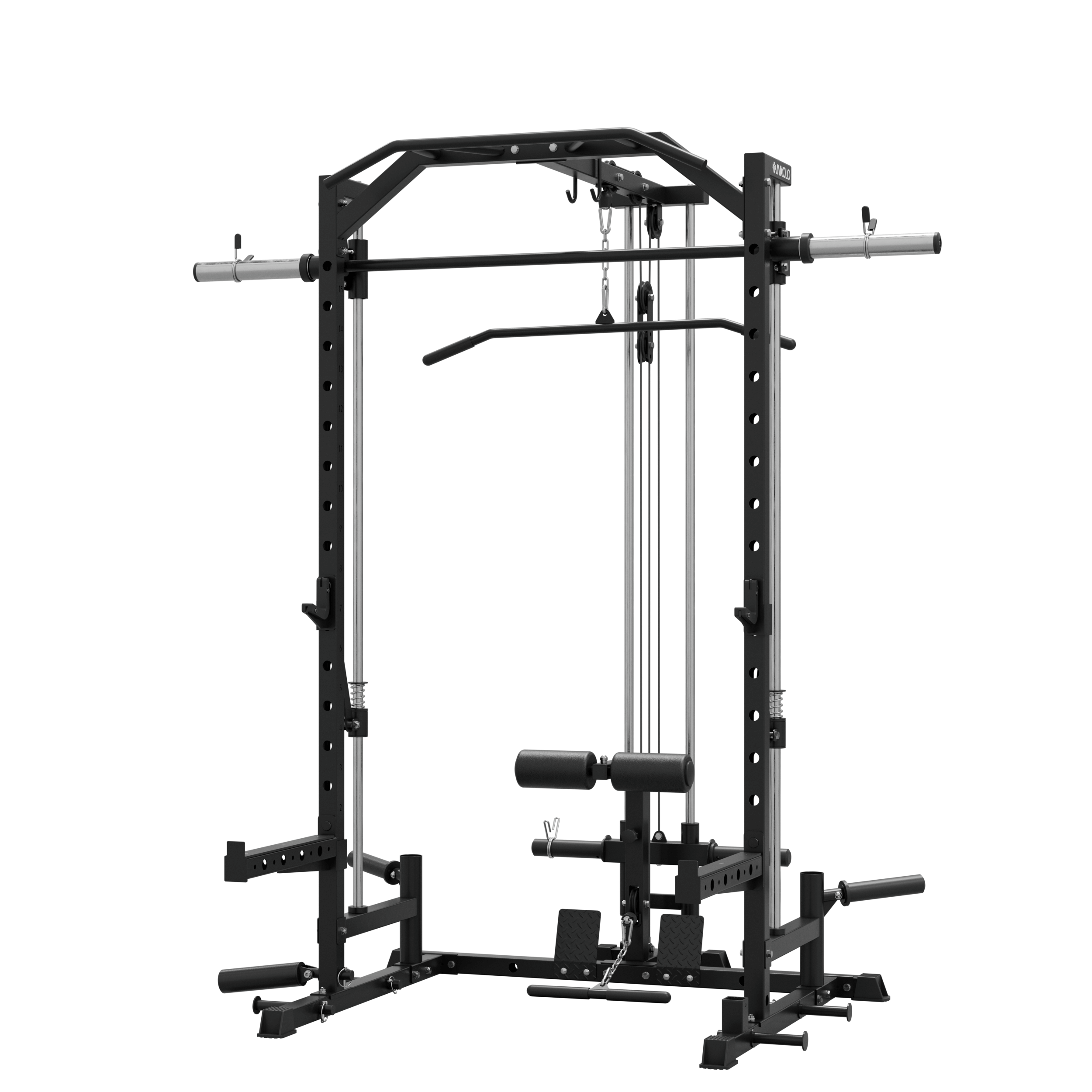


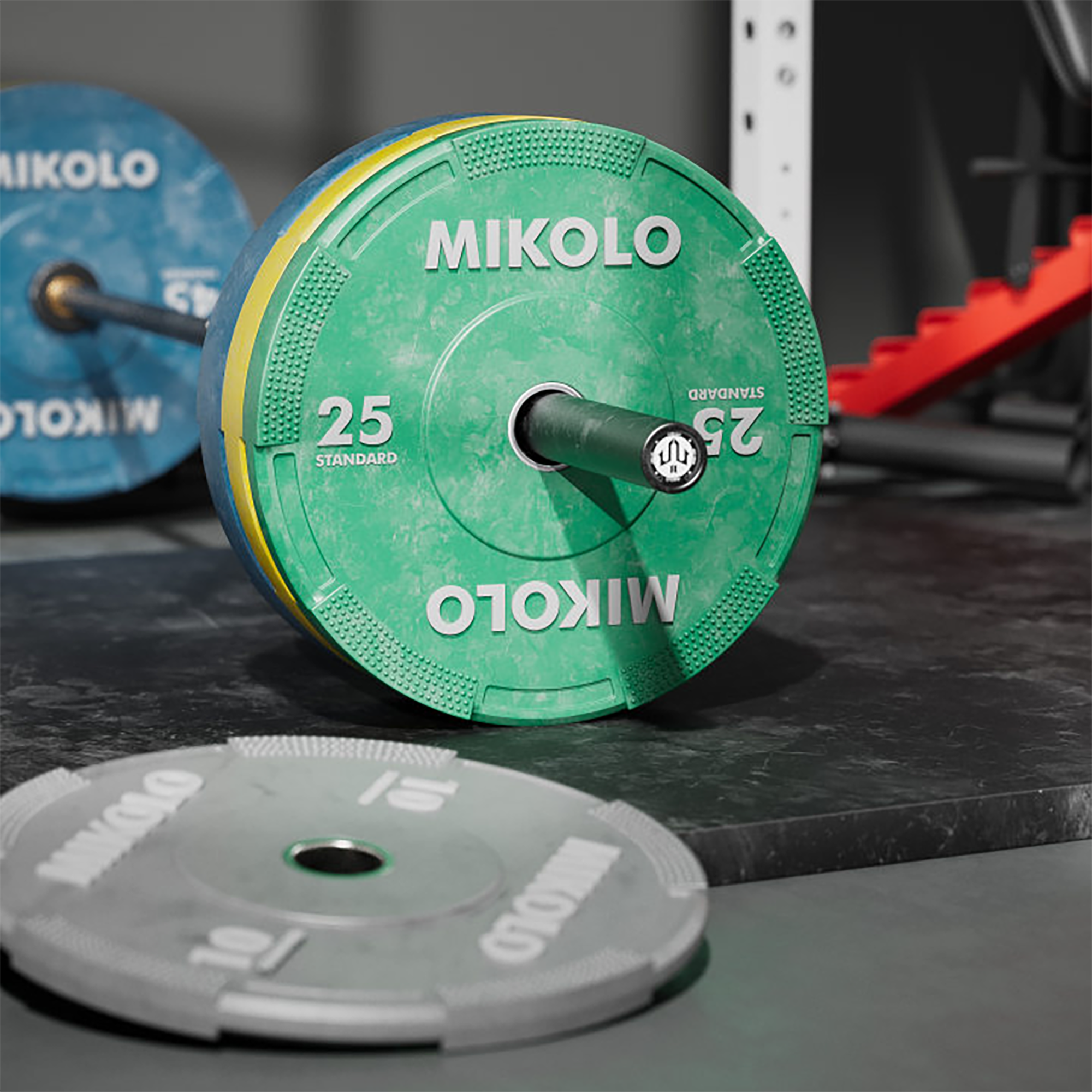







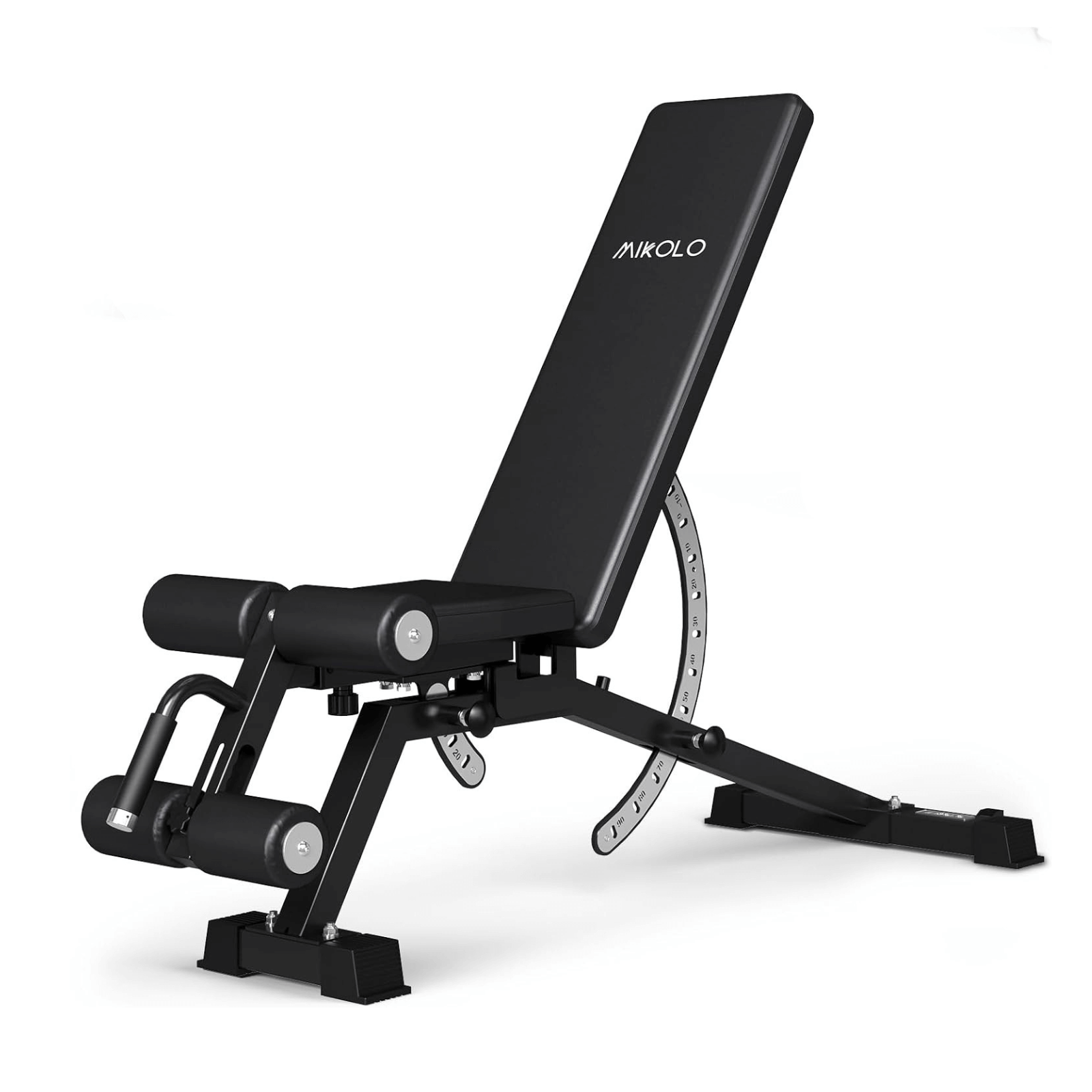




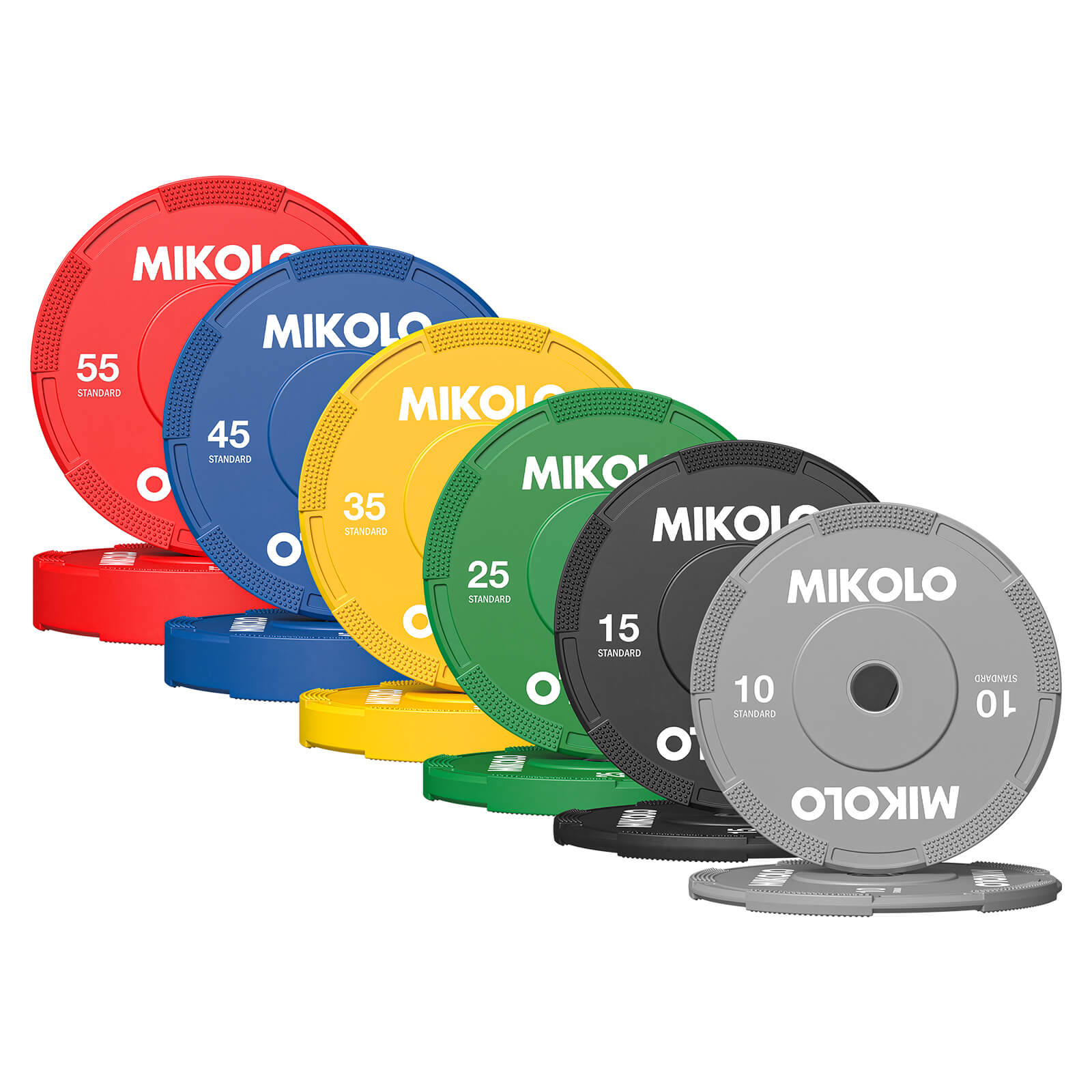


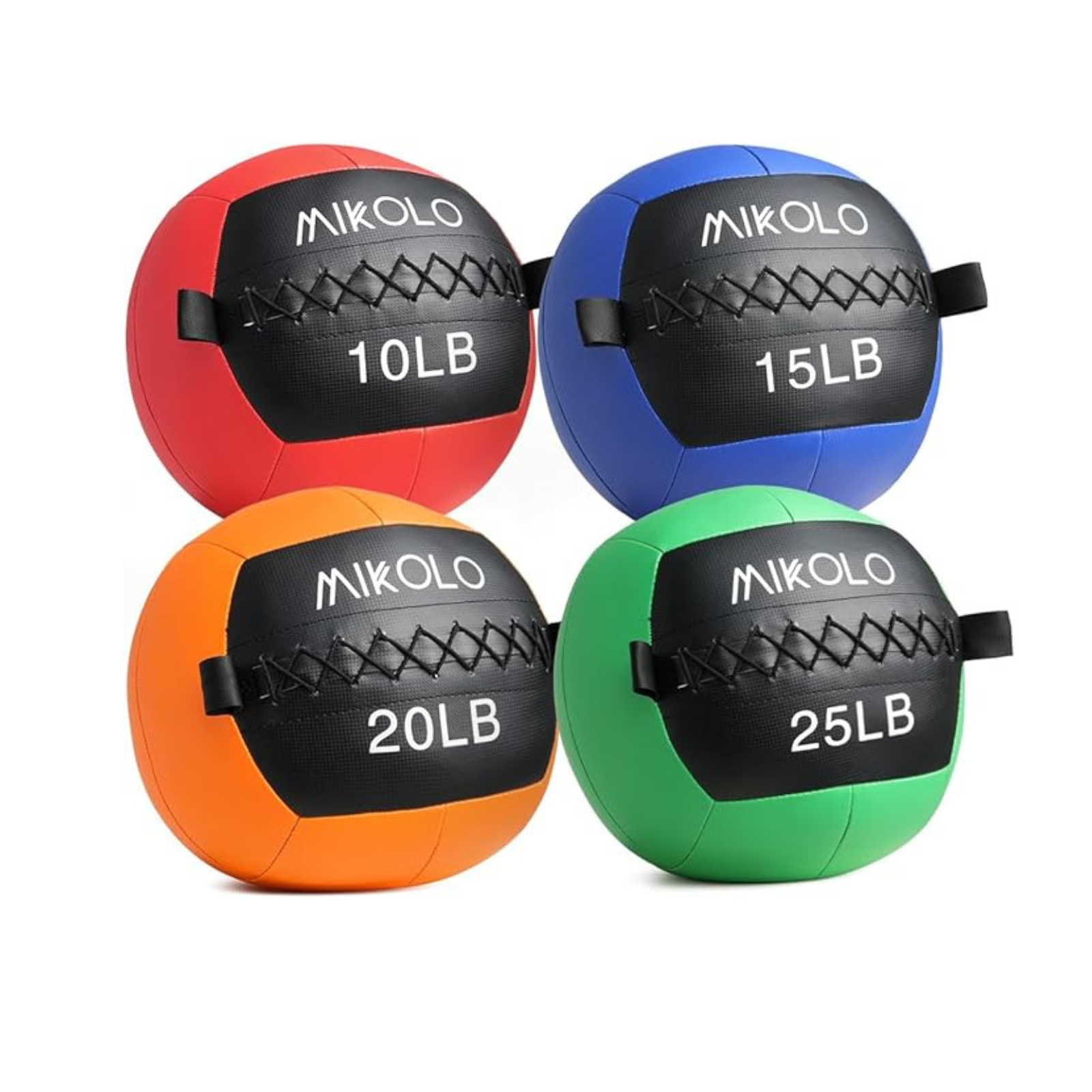
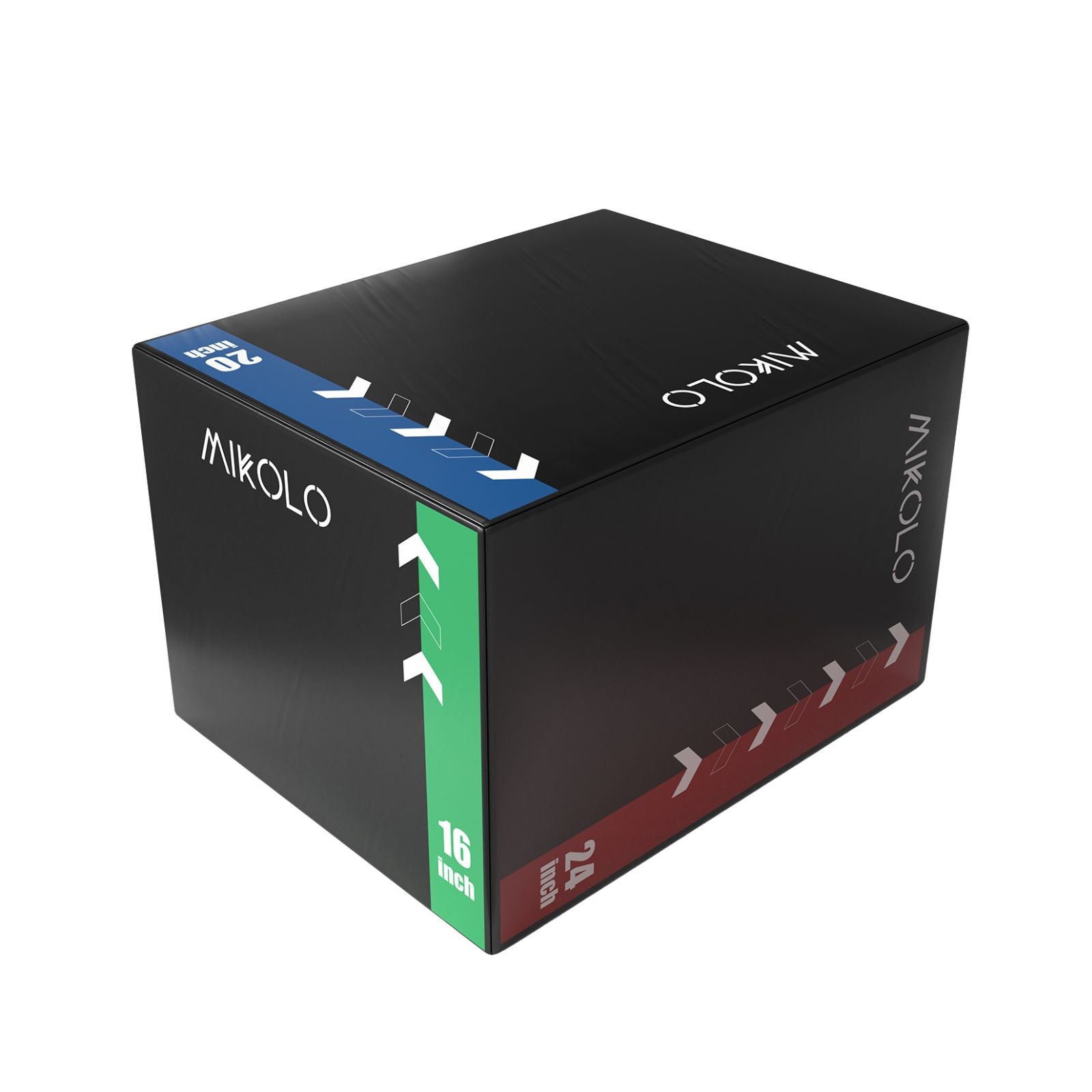







Leave a comment
This site is protected by hCaptcha and the hCaptcha Privacy Policy and Terms of Service apply.